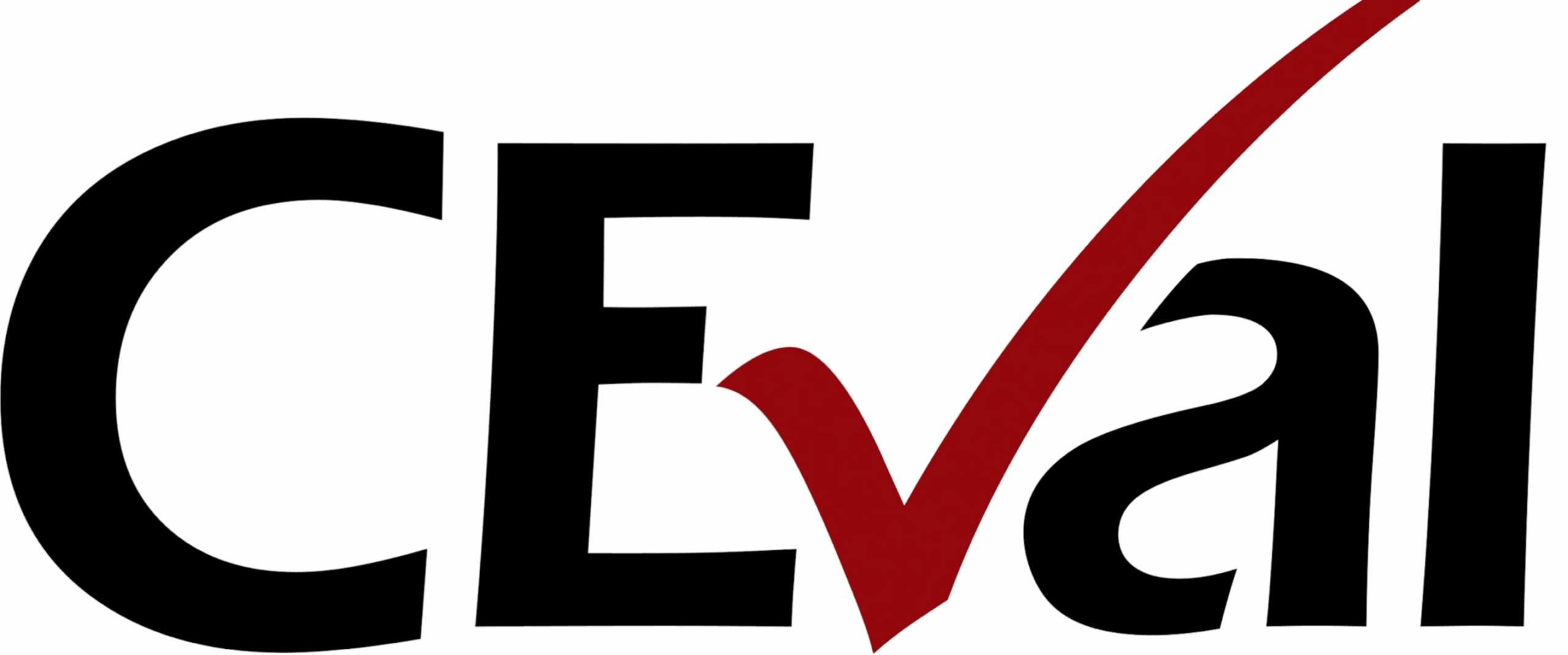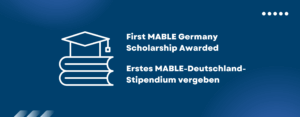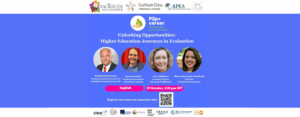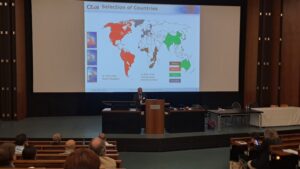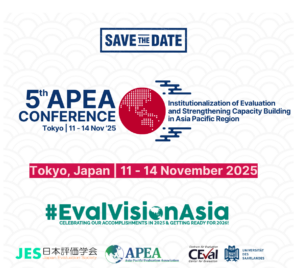From July 15-26, 2024, the International Program for Development Evaluation Training (IPDET) held its highly anticipated on-site event at the University of Bern, Switzerland. This year marks the 24th anniversary of IPDET and the fifth IPDET On-Site program held in Bern, welcoming 166 participants from 71 countries.
Since 2018, IPDET has been a collaborative effort between three partners: The Center for Continuing Education (ZUW) at the University of Bern, Switzerland, the Center for Evaluation (CEval) in Saarbrücken, Germany, and the Independent Evaluation Group of the World Bank (IEG).
This year event was kicked off with an enlightening opening speech by Prof. Reinhard Stockmann, founder of the Center for Evaluation (CEval). Below is the speech delivered by Prof. Stockmann at the opening ceremony on July 15, 2024:
The Contribution of Evaluation to Create a Better World
Opening Speech at IPDET On-Site 2024
Prof. Reinhard Stockmann
It is a great honor and privilege for me to welcome you here today to the IPDET Core Course, which is being held in this format for the last time in Bern. I would like to take this opportunity to express my special thanks to our highly esteemed program manager Steffi Krapp, without her we would not have been able to organize the last seven years so successfully and run them so smoothly. But this is not intended to be a farewell speech.
I would like to speak to you as the person primarily responsible for the content of IPDET and as a person that has been dedicated to evaluation in many different functions for almost 40 years.
I mention this because I want to convince you that my personal insights and experiences, which I would like to share with you, are based on empirical evidence.
I would like to share three thoughts with you:
1. Evaluation is more than just another source of evidence
2. Evaluation is not a technocratic instrument
3. Evaluation does not survive as an island
Regarding the first point: evaluation is more than just another source of evidence
Our common goal is to strengthen evidence-based decisions in politics and society.
In doing so, we should be aware that there are many sources of evidence: Expert opinions, reviews, assessments of all kinds, media articles, narratives, etc.
Evaluation is only one source of evidence.
What makes this source so valuable and what is its added value compared to other sources of evidence?
Why should politics and society invest a lot of money in the implementation of evaluation?
Well, there are two main criteria that distinguish evaluation from other sources of evidence.
Firstly, the particular quality of its statements. These must be based on data and derived from empirical data that has a high degree of reliability and validity and has been obtained as objectively as possible.
These quality criteria are universal and apply everywhere – at least on this planet.
The developed instruments, quantitative or qualitative data gathering and analysis methods must meet these criteria, but must at the same time also be adapted to the specific contextual conditions.
This is one of the most interesting challenges of evaluation.
Only if an evaluation fulfills these quality criteria will it represent added value compared to other sources of evidence. This is because these results can be trusted as they are highly valid.
However, a high-quality evaluation not only requires compliance with scientific quality criteria, but of course, also with professional evaluation standards.
Although these exist in a variety of formulations, they are all essentially the same.
They also aim to help evaluations achieve a high standard of quality.
And they draw our attention to another quality criterion of evaluation.
Unlike basic research or primarily scientific research, evaluation must be useful, it must serve a specific purpose, it must provide answers to the questions of the stakeholders.
A professional evaluation is characterized by the fact that it not only meets professional standards, in other words that the results are highly reliable and valid, but that they are also used for evidence-based decisions.
The second thought: evaluation is not a technocratic instrument
Of course, evaluations are often used to find out how the planning and implementation of projects, programs, and policies can be improved.
Where their strengths and weaknesses lie, whether they fulfill criteria such as relevance, effectiveness, efficiency, impact and sustainability.
Evaluation is not just a management tool like controlling, benchmarking or TQM.
Evaluation is also more than an accountability instrument like finance or performance audits.
Evaluation shows a much broader profile. Evaluation is also an instrument that creates transparency when the results are published openly and are made available to all interested parties.
Evaluation results then serve to societal enlightenment and can be used for the assessment of government action and political dialog.
This still happens far too little. This is where we, as evaluators, are challenged. On the one hand, we must be aware that evaluations are not just – hopefully useful – tools of program management and government agencies, but that evaluation is also associated with a societal mission.
Taxpayers’ money and the donations transferred to NGOs should be spent as effectively, efficiently and sustainably as possible and not seep into corrupt channels or be wasted on socially irrelevant projects.
Evaluation can contribute significantly to good governance and can be used as a parliamentary or civil society oversight instrument.
As a key technology for social change and democratic participation, evaluation can make a decisive contribution to strengthening democracy in a country.
In autocracies and even in dictatorships, evaluation can be applied as a management tool, but only in democracies can evaluation fulfill its enlightening function.
As evaluators, we should be aware of this if we really want to take phrases such as “we speak truth to power” seriously and contribute to making the world we live in a little better.
The third, very practical idea, is based on the insights we gained from our Evaluation Globe study, in which we have analyzed 52 countries on all continents in terms of how evaluation is anchored in the political, social and professional system.
The third idea, however, is also based on the practical experience I have gained from countless evaluation capacity-building and evaluation awareness-building activities for operational staff all the way up to parliamentarians and members of government:
Evaluation does not survive as an island.
This means that it is not enough to train a few evaluators in an organization or to convince a few members of parliament or cabinet members of the value of evaluation.
A systemic approach is necessary for evaluation to have an impact and for those convinced not to die of thirst as lone voices in the wilderness.
In other words, the various islands must be networked with each other, and the different levels must be linked hierarchically.
This requires a holistic evaluation capacity-building approach that serves these different levels of government and organizational hierarchies in parallel.
An approach that not only focuses on the technocratic needs of the executive, but also takes parliaments seriously as a legislative force and includes civil society organizations.
I would like to invite all of you here to become allies and supporters of these three ideas.
You are here to learn more about the diverse field of evaluation. That’s a good thing!
For whatever purpose you use your new knowledge, to increase the effectiveness and efficiency of programs, to review the achievement of objectives, impact, or sustainability, to strengthen good governance and rational, evidence-based decision-making processes, or as a basis for social dialogue to support democratic discourse, for whatever purpose you use evaluation, work professionally and produce high-quality evaluations, in other words, valid and reliable and therefore credible results.
But in your role as evaluator, always be aware of the ethical responsibility that this entails. Only together, networked and with courage and confidence as evaluators we can manage to make a contribution to creating a better world.
Download the Speech as a PDF file.
Stay tuned for more updates and insights from IPDET On-Site 2024 here.
